Meet the Team
Coaches, mentors, virtual assistants
Our team combines decades of experience
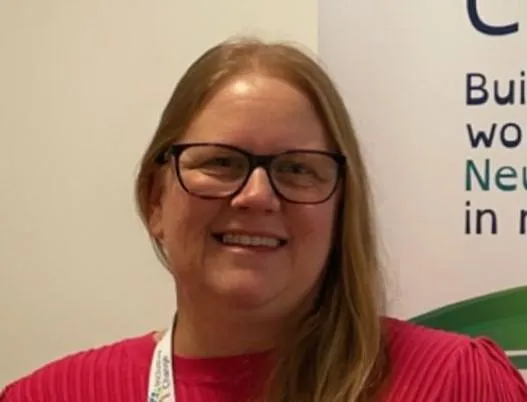
Lucy
Founder and Director
Lucy is the founder of Inclusive Change and Inclusive Change at Work CIC. She has lived experience of neurodiversity and has been working in the area of neurodiversity for 8 years. Lucy combines a career in change management in internationally renowned organisations with experience in education to create thoughtful and inspiring training and consultancy services.

Daniel
Director
Daniel is a highly experienced accessibility consultant with extensive experience of disability. Daniel has particular expertise in acquired disability, including acquired neurodiversity. He established the National Disability Employment & Advisory Service in 2022 and focuses on supporting neurodivergent young people & adults into employment.
Meet Our Associates

Sarah
Workplace Strategy & Neurodiversity Coach
Check out these blogs written by some of our amazing team members.
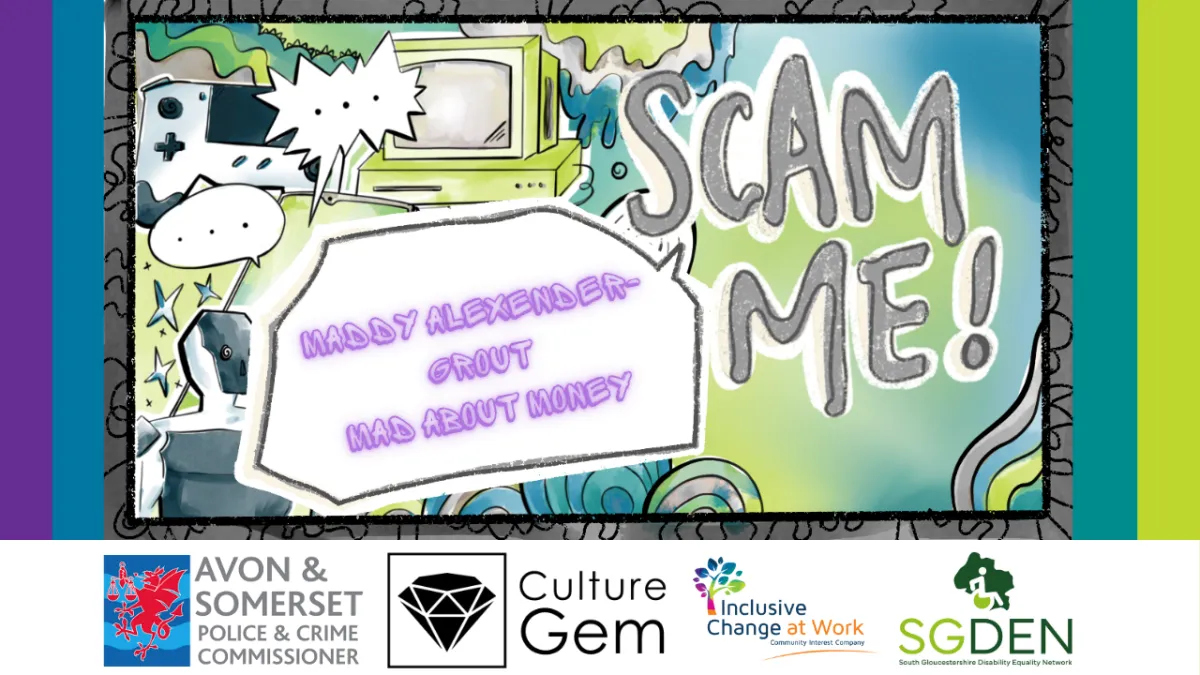
ADHD, Impulse Spending & Online Scams, with Maddy Alexander-Grout
Meet the Team
Lucy, founder of Inclusive Change at Work, opens the conversation with humour, honesty, and warmth. She’s joined by:
Becca Burke - ADHD coach and team member at Inclusive Change
Maddy Alexander Grout - Money and business expert, disability champion, and author of Mad About Money
Maddy, self-proclaimed 'neurodivergent fruit bowl', has more than 15 hidden disabilities and a deep understanding of how neurodivergent brains interact with money. She brings not only expertise but also lived experience, including being scammed herself.
“If You Think You’ve Got ADHD…You Probably Do”
The episode opens with an honest chat about self-diagnosis, ADHD experiences in the workplace, and why it's okay to claim your space even without a formal diagnosis. In Lucy’s words, "We’re three people with busy brains", which sets the tone for the rest of the episode - lively, nonlinear, and packed with real talk.
Maddy shares that she wasn’t diagnosed with most of her conditions until the age of 37. That late diagnosis, she says, was like unlocking a mystery. Everything started to make sense - including her complex relationship with money.
Culture Gem: Training That Doesn’t Suck
Before diving into scams, Lucy gives a shoutout to Culture Gem, the series sponsor. It’s not your average compliance training, think video games, escape rooms, and colour-custom learning modules. Whether it’s GDPR or online safety, Culture Gem offers inclusive and accessible training that people actually want to use.
Why People with ADHD Are More Susceptible to Scams
Maddy drops the truth bomb early: “As someone who has ADHD, I’ve been scammed many a time.” From buying a £49 'Ninja air fryer' on Black Friday (spoiler: it wasn’t real) to losing thousands to dodgy online courses, she’s seen it all. And she's not alone.
So why are people with ADHD especially vulnerable?
Impulsive decision-making: ADHD brains crave dopamine. Scammers know this.
Time blindness: Forgetting deadlines, trials, or renewals.
Executive dysfunction: Skimming past small print or missing red flags.
People-pleasing: Wanting to impress, help, or belong can override caution.
Object permanence issues: If we don’t see it, we forget it exists, including subscriptions and bills.
The takeaway? It's not about being careless or naïve. It's about how your brain is wired. And that’s not your fault.
ADHD Tax: The Hidden Cost of Neurodivergence
Ever missed a payment, lost your passport again, or paid for a gym membership you forgot to cancel? That’s ADHD tax.
Becca and Maddy both share personal stories of 'taxing' mistakes, from forgetting gigs they’d booked to racking up parking fines. This isn’t just financial. It’s emotional, too: the shame, guilt, and social stress that follows can be devastating.
Maddy defines ADHD tax as the accumulation of costs - financial, emotional, and relational - that happen because of executive dysfunction. And it disproportionately impacts neurodivergent people.
Real Talk: Scam Stories
Maddy confesses she’s lost over £2,000 to scams - including high-ticket digital marketing courses that promise six-figure returns but deliver little. These 'course to sell a course' schemes are everywhere, especially on TikTok and Instagram.
She also unpacks the emotional toll:
“You’re not dumb. You’re not gullible. It’s neuroscience.”
Scams aren’t always obvious. They often weaponise urgency and community. “Everyone else is doing it,” “This is your last chance,” or “You’ll miss out if you don’t act now” - these are dopamine bait for ADHD brains.
Building Scam Resilience
What can help?
Unlink payment methods: Make buying harder. No saved cards = no quick purchases.
Pause and reflect: Ask yourself - Do I need this? Is it legit? Could this be a scam?
Accountability buddies: Partners, friends, or even TikTok followers can help you check yourself.
Body doubling: Do money tasks with someone else present, even virtually.
Community education: Maddy’s app Mad About Money offers tips, templates, and peer support - all free.
What Is 'Mad About Money'?
It’s not just an app - it’s a movement. Maddy’s Mad About Money platform and app support neurodivergent people in navigating personal finance without shame.
You’ll find:
Budgeting templates that actually make sense to ADHDers
Support groups and a community hub
Weekly blogs about scams, saving, and spending
Safe space for asking questions like 'Is this course a scam'?
Doodling Is Not Disrespectful
One delightful tangent - because what’s a neurodivergent podcast without one? - is the discussion around doodling. Maddy even turned her ADHD doodles into tattoos and used them on her book cover.
Doodling, they agree, is often misunderstood. It's not zoning out - it’s zoning in. For many neurodivergent people, fidgeting or doodling improves focus, not the opposite.
Phishing and Fake Accounts
The conversation turns serious again when Becca brings up phishing and cloned accounts. Maddy shares how scammers have cloned her TikTok, DMing followers with shady links. She emphasises:
She’ll never DM followers asking for money
Her verified accounts are the only ones to trust
Always double-check usernames and content origin
Maddy’s top tips:
Watch for usernames with extra characters or misspellings
Check if the content is marked as 'original' or just saved clips
Never click unknown links sent by 'influencers'
The Emotional Impact of Being Scammed
The emotional layer to all this is huge. Getting scammed doesn’t just hit your wallet - it hits your self-esteem. For people with ADHD and hidden disabilities, it can reinforce narratives of 'I’m not good with money' or 'I can’t be trusted'.
Maddy encourages listeners to reframe:
“If you say you’re bad with money, you’ll be bad with money. Mindset matters.”
So, What Can You Do?
Here are some key takeaways:
1. Pause before you pay - Add friction to your online purchases.
2. Set up reminders - Use tech to your advantage.
3. Check sources - Always verify emails, links, and seller info.
4. Use apps like Mad About Money - Find your community.
5. Talk about it - Scams thrive in shame and silence. Let’s break both.
Want to learn more?
Listen to Scam Me’ here on YouTube: Learning Inclusive Change
Visit Mad About Money here: Mad About Money
Follow Inclusive Change on LinkedIn: Inclusive Change Ltd - and Facebook: Inclusive Change
And remember, cybersecurity starts with you!
Coaching & Virtual Assistant Support
Enhance your professional skills and productivity with our coaching and virtual assistant services, designed to empower you in the workplace.
Mentoring
Connect with experienced mentors who will guide and inspire you on your journey to success, providing valuable insights and support along the way.
Work Support
Benefit from personalised support in various aspects of your work life, ensuring a conducive and inclusive environment for your growth and progress.
Interview Support
Prepare for interviews with confidence and poise, with our interview support services aimed at helping you showcase your talents and abilities effectively.
Inclusive Change At Work CIC
Bradbury House
Wheatfield Road
Bradley Stoke
Bristol
BS32 9DB
Companies House: 13271923
ICO registration: ZZB293922
UK register of Learning providers
UKRLP: 10090653
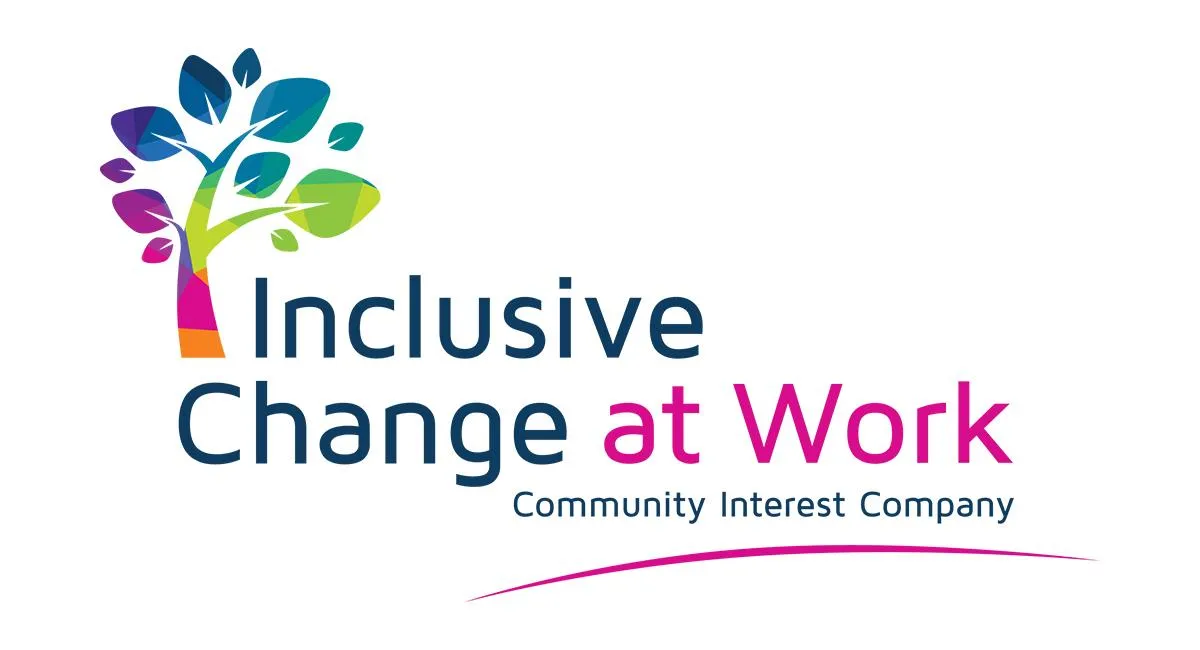

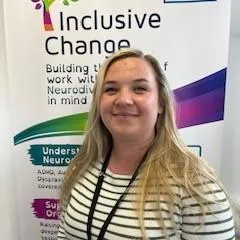
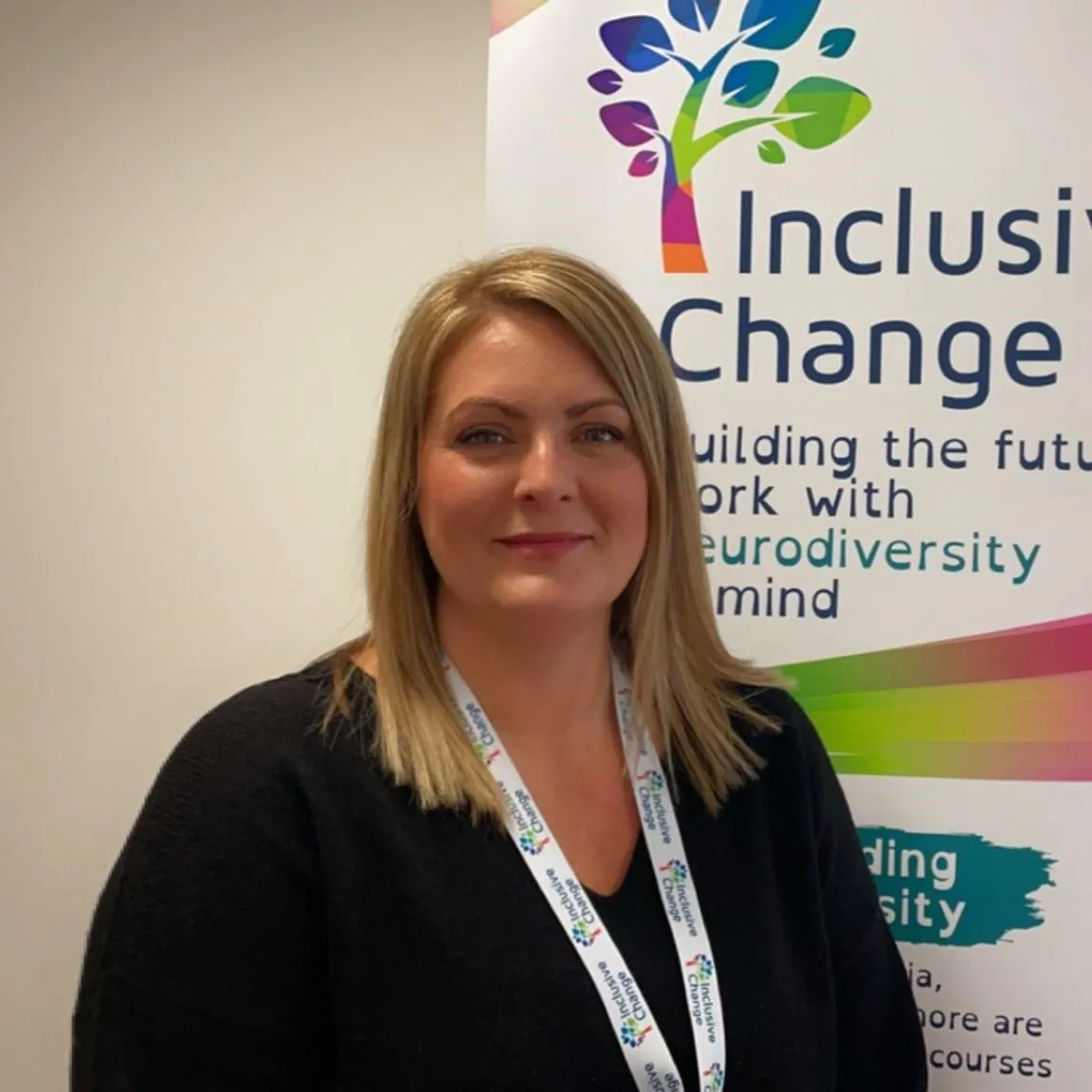
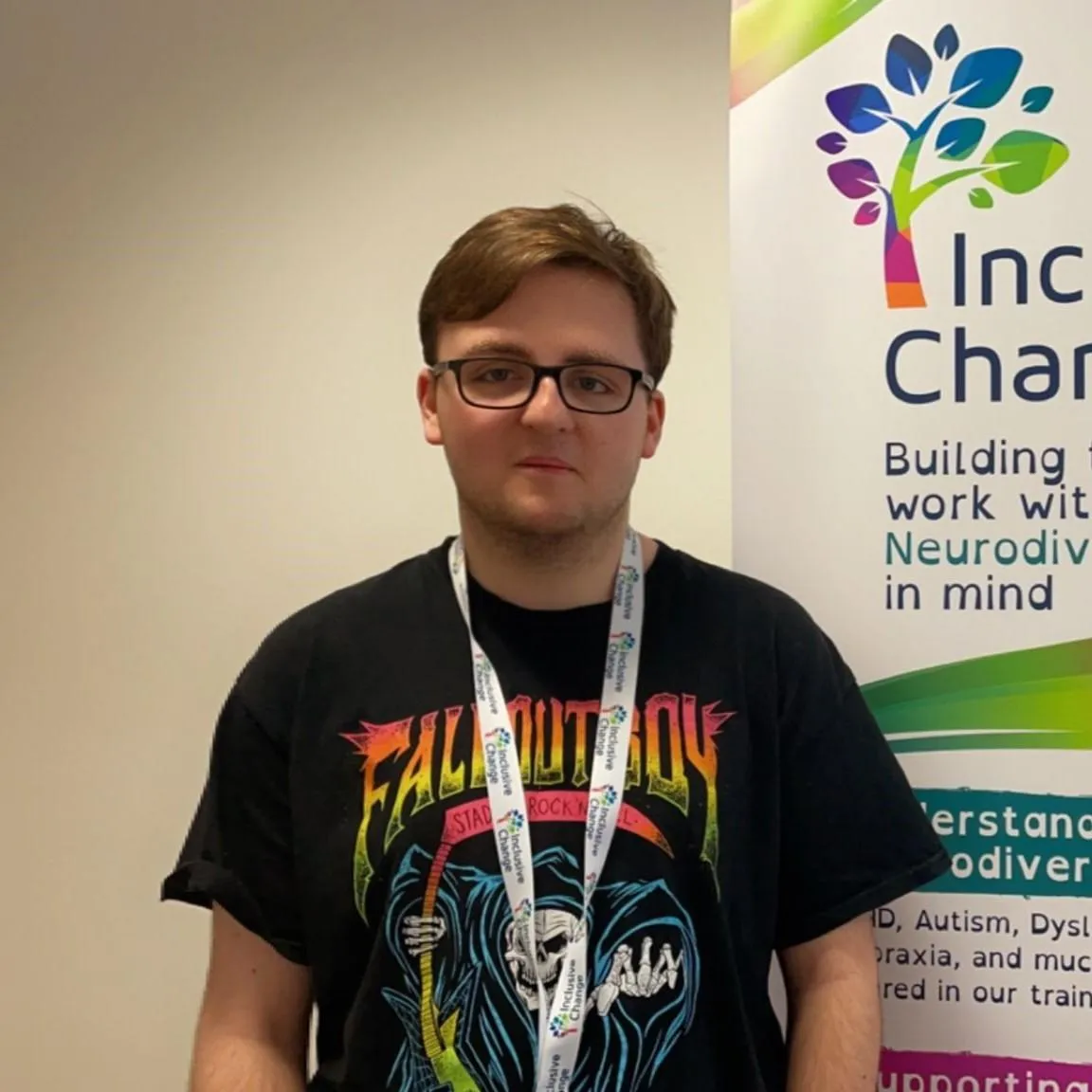
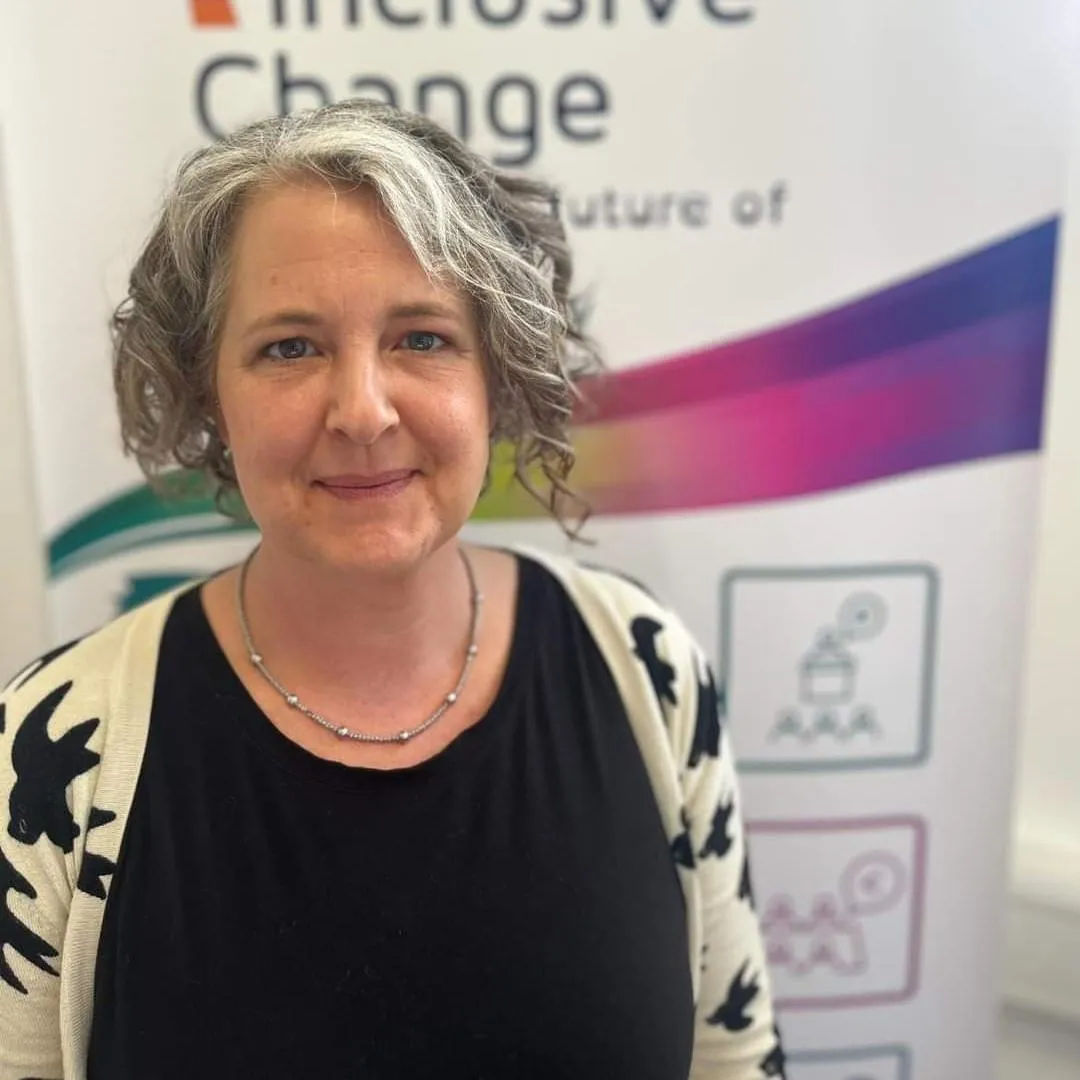
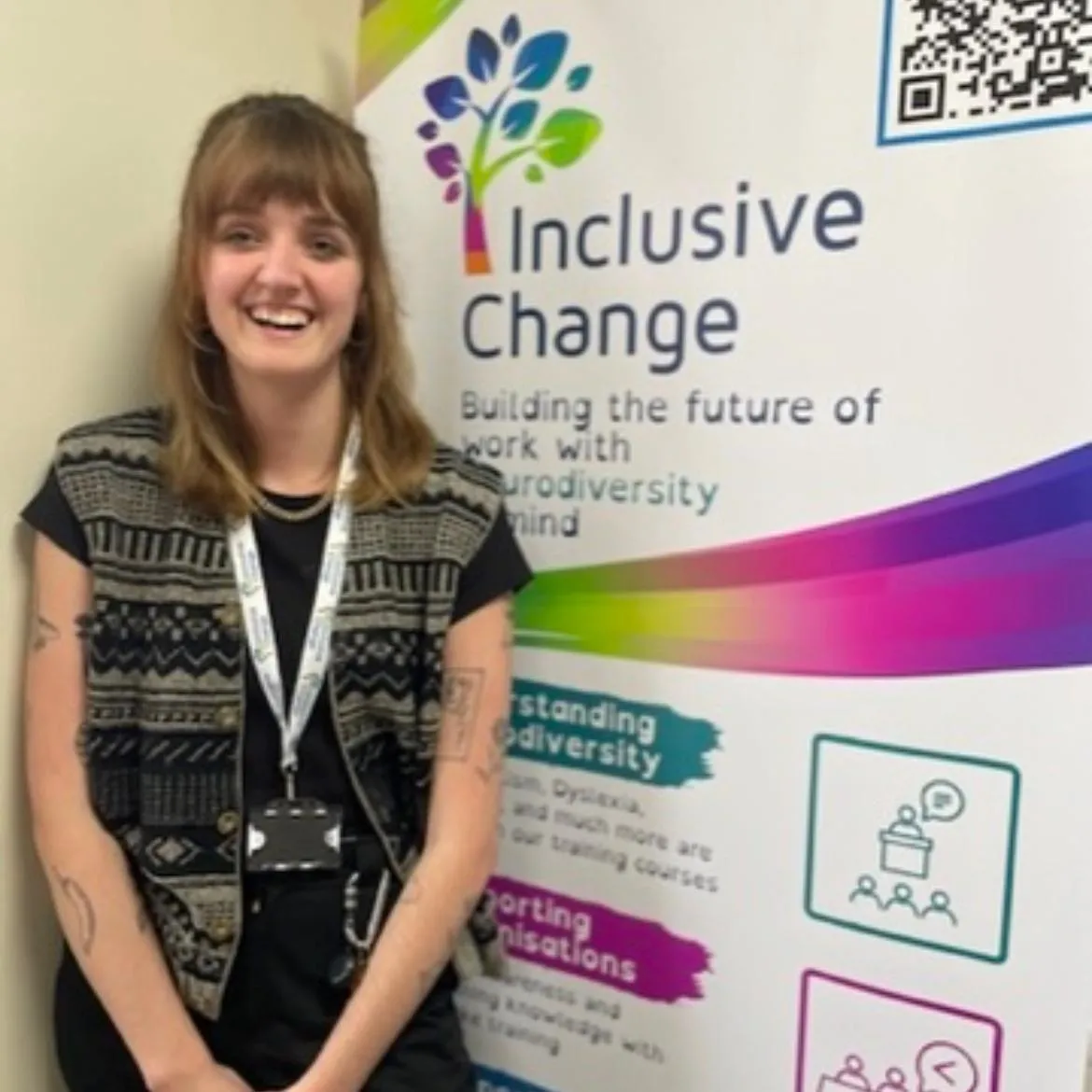
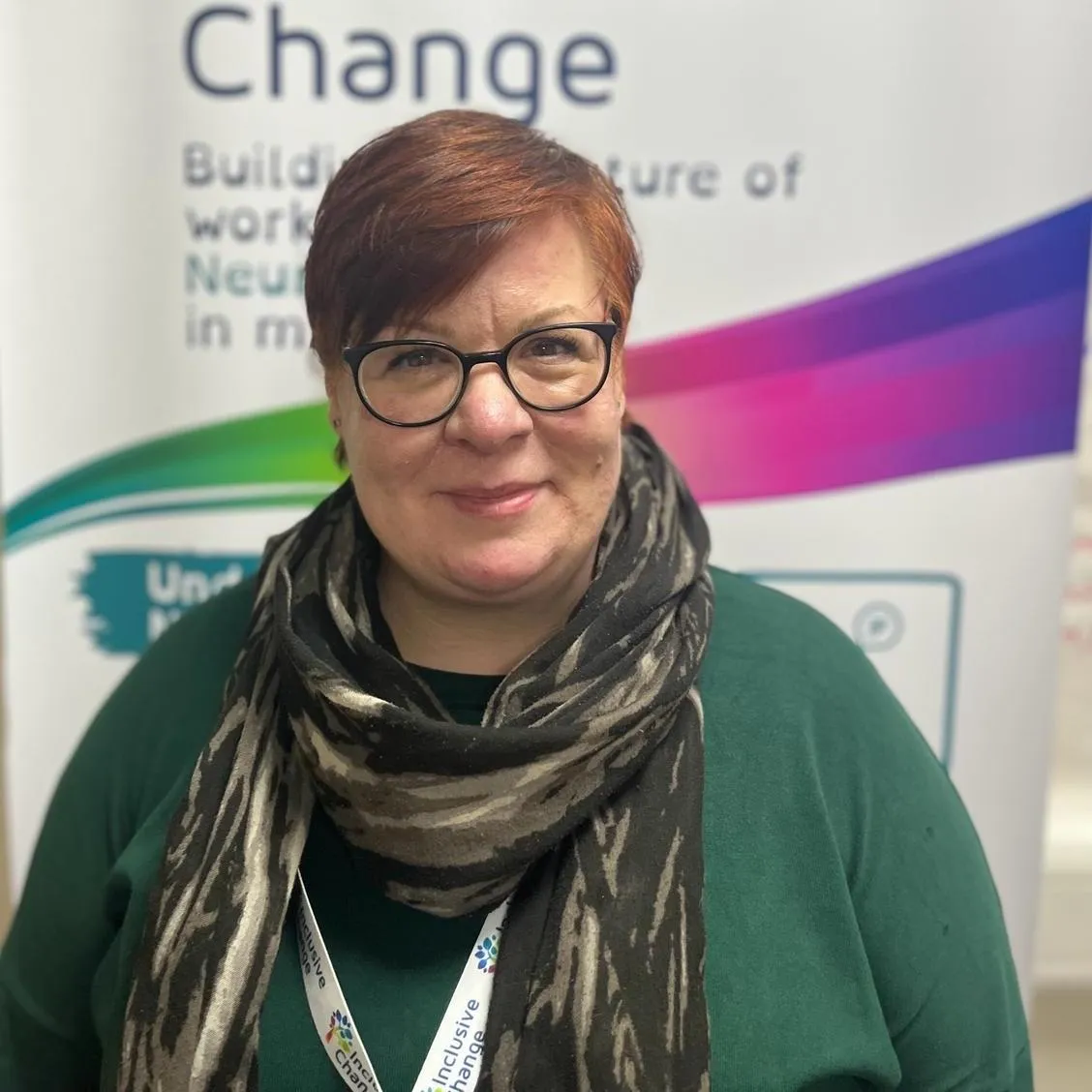
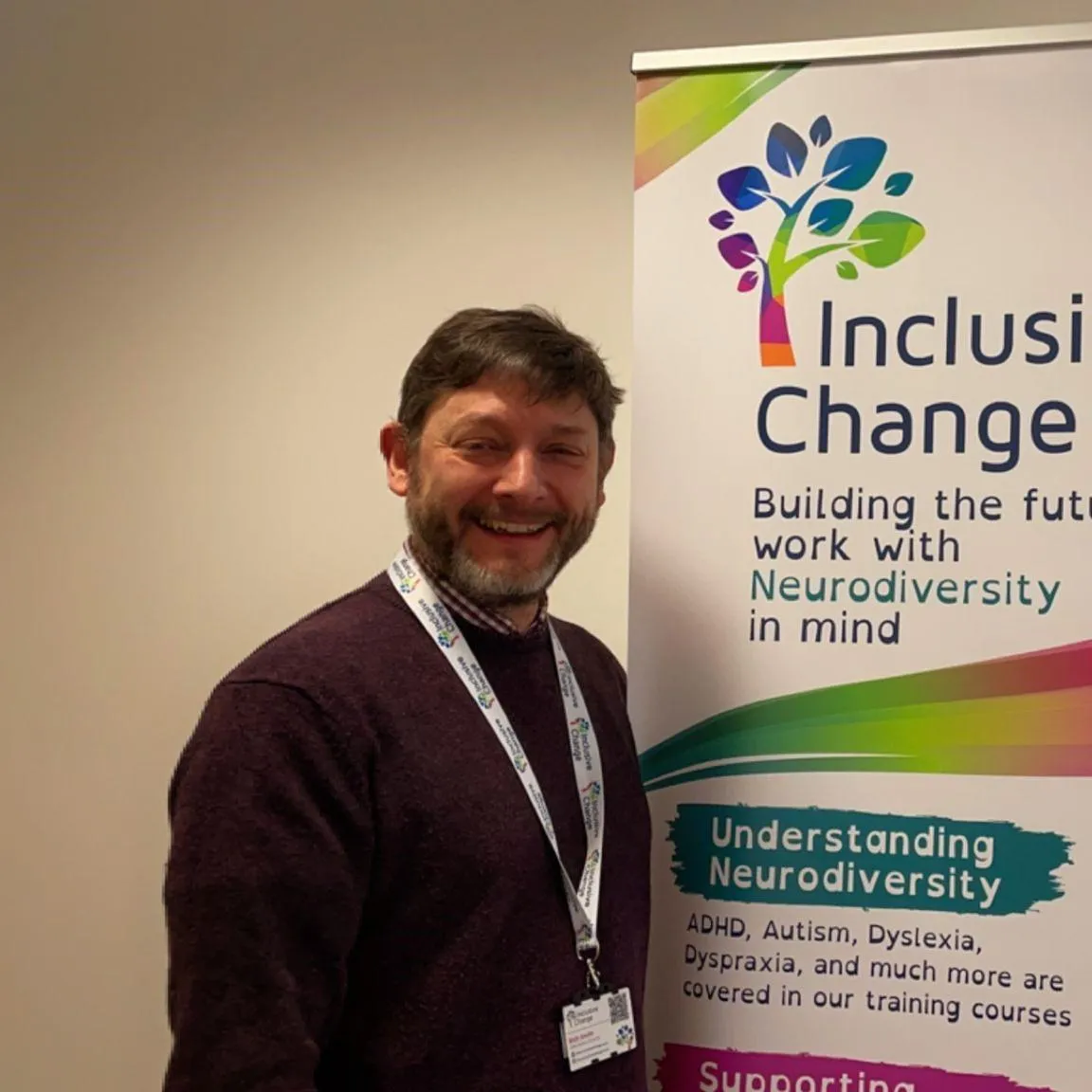




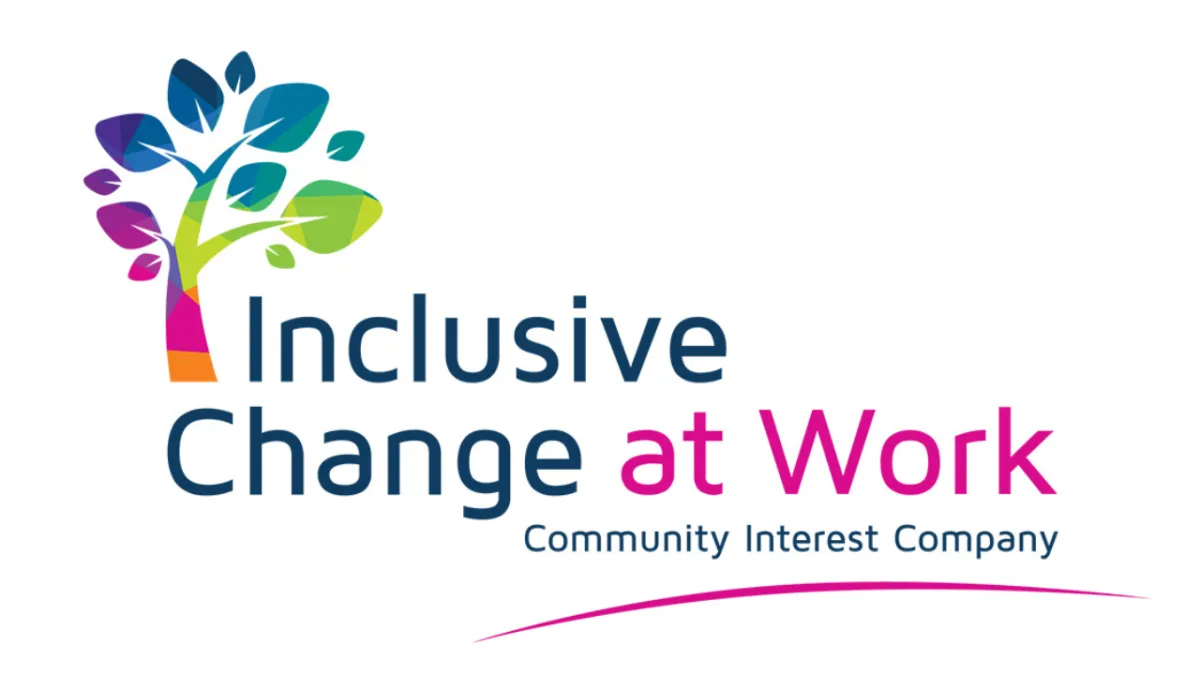
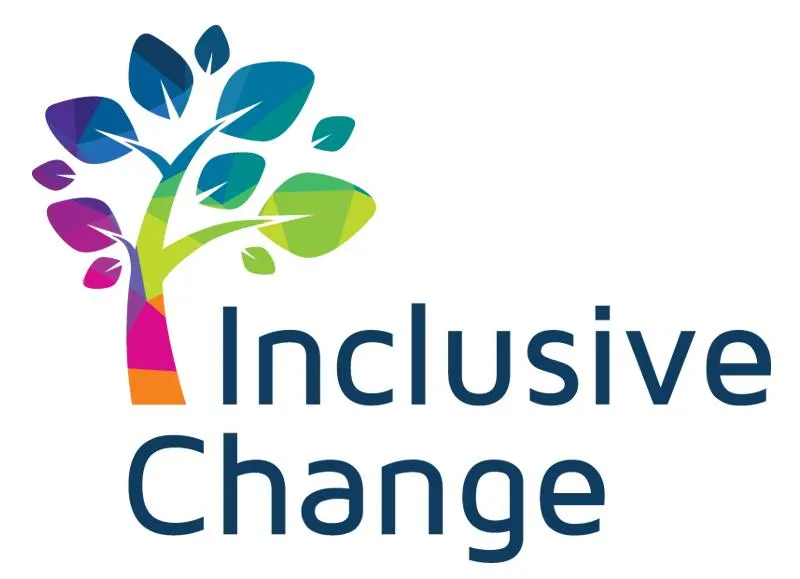
Facebook
LinkedIn
X
Instagram